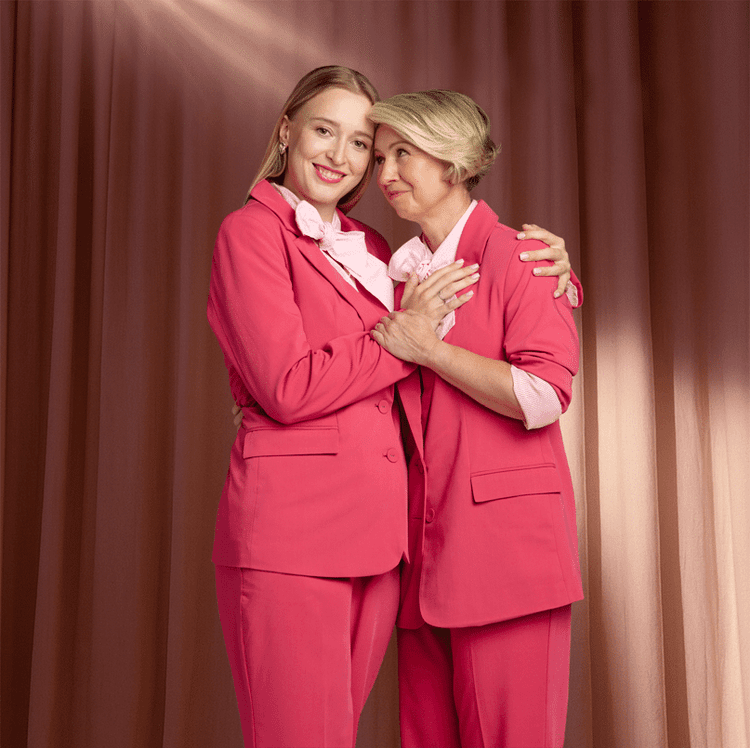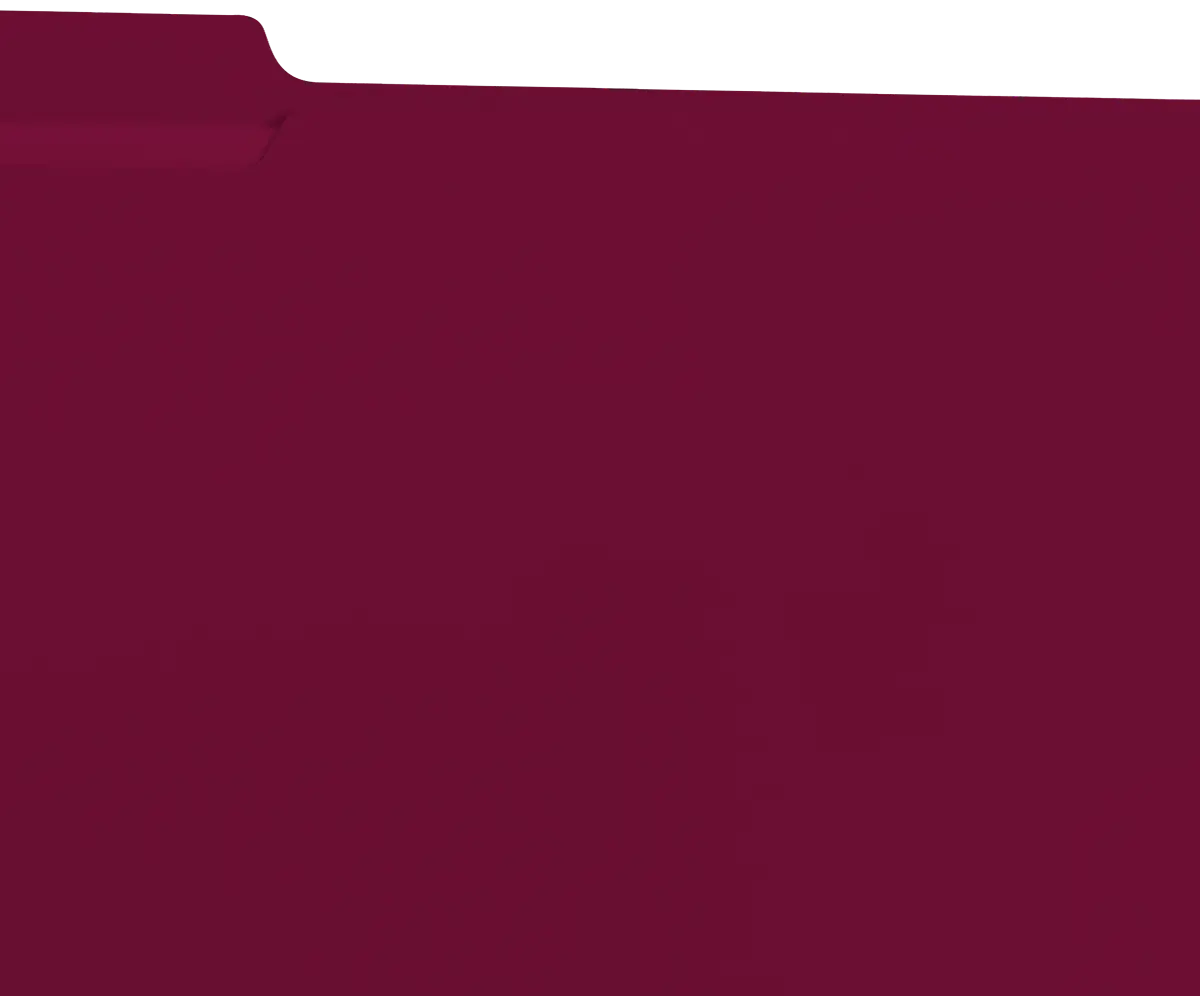

Share the video on social media
https://youtu.be/8wTx...
Your donation helps women with breast cancer receive psychological support and physiotherapy.
As a grown woman, I solemnly swear to put my breasts first.
I recognize that scheduling a doctor’s appointment is easier than organizing a weekend with all my girlfriends.
I won’t hang up if reception doesn’t answer within the first three seconds – my boobs are worth the wait.
I won’t rely on luck - “It won’t happen to me” is not a strategy.
I will value my health above all else. Yes, even more than a sparkling clean apartment.
I understand that I’m not a cat with nine lives – and even if I were, I’d still take care of each one.
I take this oath with a clear mind and a firm commitment to finally get my breasts checked.
Breast cancer is curable
if detected early.
How to join the Pink Oath?

Say it!
Make a promise to yourself. You can use the existing Pink Oath or come up with your very own version. The main thing is that you commit to prioritising taking care of your health.

Share it!
Share your Pink Oath in whatever form you feel like – a conversation with friends, a post, shared story or comment on social media. Your oath helps spread awareness and early detection.

Support others!
Support women who are affected by breast cancer with a donation to the Pink Train Foundation. The charity covers psychological support and physiotherapy.
How to fulfil the Pink Oath?
No1
Prevention and mitigation
Lead a healthy lifestyle to reduce possible risk factors. Learn how
No2
Regular self-examinations
Pay attention to your breasts, including any changes in size, color or texture. Learn how
No3
Screenings
If you're over 40, genetically at risk, or feel a lump, it's best to check in with a doctor immediately.
Learn how to perform a self-test



You should see a doctor if:
You can feel a lump or thickening in the breast
You notice pain
You observe sudden changes in breast size or shape
Nipple retraction suddenly occurs
The skin on the breast is pulled in or dimpled
You notice discharge from the nipplet
There is a persistent sore or rash on the nipple
The breast is red or swollen
What’s next?
Ultrasound
If you are under 40 years old, the doctor will most likely suggest an ultrasound. It is an examination method where high-frequency sound waves create an image of the internal structure of the breasts.
Mammography
If you are over 40 years old, the doctor will probably refer you for a mammogram. This method uses low-dose X-rays to detect early signs of breast cancer and other breast diseases. Mammography examinations are free of charge with an NVD (National Health Service) invitation for women over the age of 50!
MRI
This examination is performed when it is necessary to obtain a very precise image of the breast tissue. It is a method in which, with the help of a magnetic field and radio waves, a detailed image of the breast gland tissue is obtained. It is used in cases when an ultrasound or mammogram is not sufficient, or when breast cancer is suspected. Breast diagnostics is often a complex process, where one examination complements another.
Mobile mammogram
The mobile mammogram is a specially equipped bus that helps women all over Latvia receive high-quality mammograms. That includes breast examinations with invitation letters from the National Health Service.
Arrange a visit by calling
+371 27866655or writing to
mobila.mamografija@vc4.lv

How to reduce breast cancer risk factors?
Here are the first steps that you can take to keep the Pink Oath:



Biological risk factors
Gender
Although men can also develop breast cancer, it is 100 times more common in women.
Age
The risk of developing breast cancer increases after the age of 40.
Genetics
The risk is significantly higher if close relatives have had breast cancer.



General Sponsor
Sponsors

Media Partner
Campaign Creators
